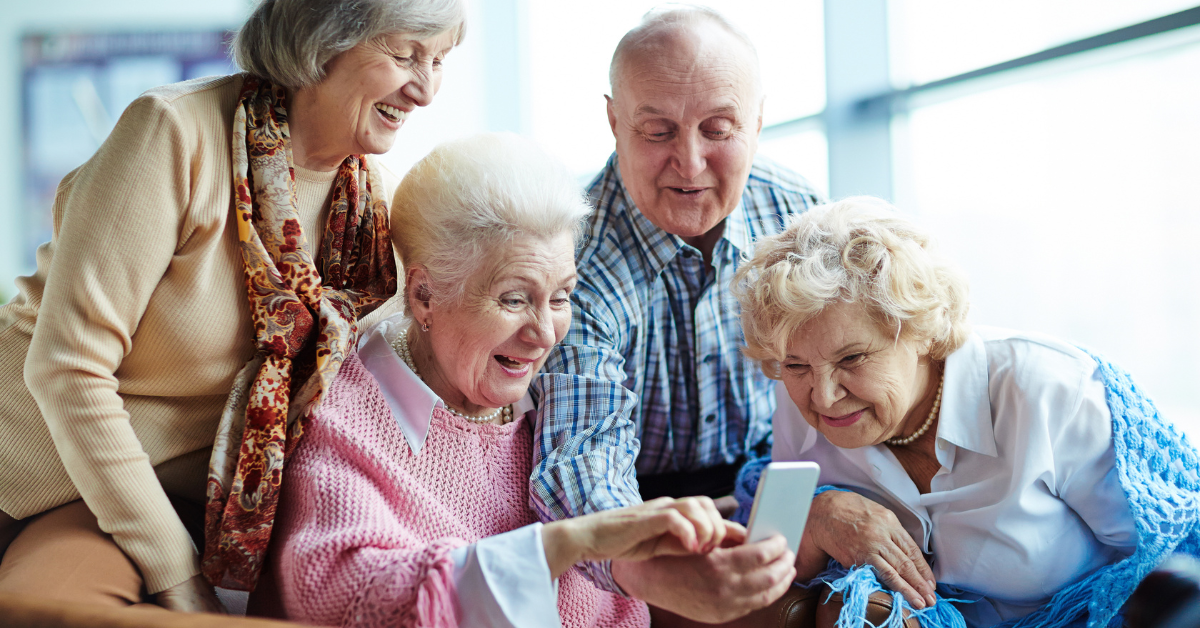As we get older, many of us start to struggle more with physical activities and social interaction. We can become overwhelmed by how daunting it is to stay active or even socialize while dealing with age-related challenges. But having an active and healthy lifestyle as we age doesn’t have to be so difficult!
In this post, I am going to share some tips on how you, as a friend or family member, can help senior relatives maintain a healthier lifestyle filled with physical activity and meaningful social connections.
These approaches are designed not only to keep older adults physically fit but also mentally alert and engaged in the world around them. Being proactive about our seniors’ health will ensure that their golden years continue to be an enjoyable, enriching experience for all parties involved!
1. Introducing seniors to activities that will keep their minds and bodies active
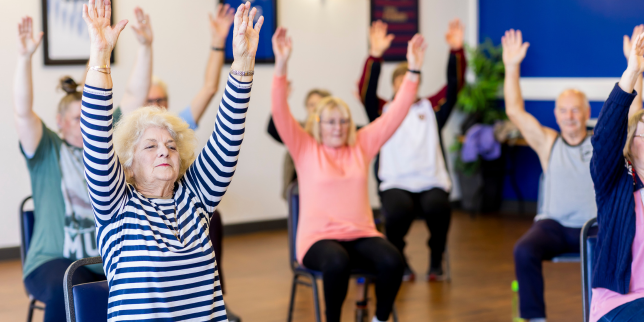
Ensure that the senior relative has access to a variety of engaging activities that can be done in and around the home. This could include walking or jogging, taking up gardening, joining an art class or book club, playing outdoor sports with friends, and even using technology for entertainment or learning.
It’s also important to encourage seniors to stay socially connected by engaging in activities with people of all ages. This could include attending sporting events, taking part in trivia nights, eating out at restaurants, and joining community classes or groups like yoga or dance.
Involving seniors in activities that they enjoy not only gets them moving but also helps to keep their minds sharp and stimulated, helping them retain a sense of independence.
2. Researching care homes and the options they offer
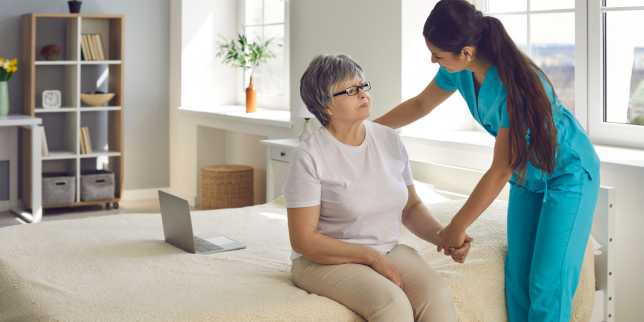
Researching care homes and the options they offer is an essential step for family members looking to provide their older relatives with a safe and comfortable living environment.
There are New South Wales aged care homes, for instance, that offer seniors high-quality care in settings that promote physical activity, mental health, and social interaction. These homes often have experienced staff who are dedicated to providing personalized attention to each resident, along with engaging activities and outings that help to foster meaningful connections with other seniors. They can also provide a wide range of services such as physical therapy, medical care, assistance with daily living tasks, and support for mental health issues.
Care homes offer an opportunity to ensure that your senior relative is receiving the best possible care in a setting that’s tailored to their individual needs.
3. Getting advice from doctors on how to provide the best assistance for elderly relatives
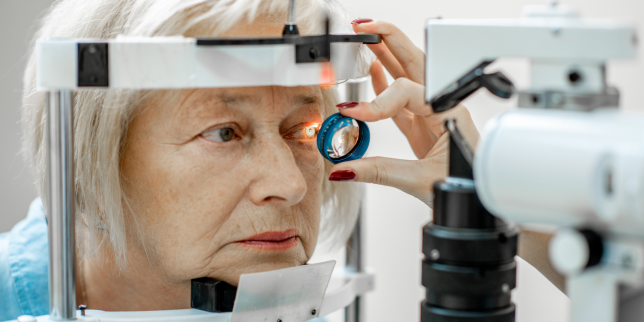
Doctors can be an invaluable resource in providing information on nutrition, physical activity, and mental health strategies for seniors. They can also offer guidance on specific medical conditions that may require specialized treatments or therapies.
Furthermore, doctors can refer you to other professionals such as gerontologists, dietitians, physical therapists, and counselors who can provide specific advice on how to help your senior relative maintain a healthy lifestyle.
It’s important to ensure that your elderly relative receives regular checkups from their doctor to specifically designed identify any potential health issues before they become serious problems.
4. Taking time to help seniors with technology such as phones, tablets, and computers

Technology in the form of smartphones, tablets, and computers can provide ways for older adults to communicate with their loved ones or keep up on current events. It’s important to spend time teaching older relatives how to properly use these devices in order to get the most out of them.
This could include helping seniors to set up and use their email or social media accounts, downloading relevant apps that are designed for users of a certain age, or creating online profiles that can be used to connect with others.
Additionally, it may be beneficial to have seniors join a tech support group in order to ensure that they always have someone who can answer their questions and provide helpful advice when needed.
Taking the time to help senior relatives become comfortable and confident with using technology will go a long way in helping them stay connected with the world and enjoy their lives to the fullest.
5. Ensuring that seniors have access to fresh food and nutritious meals
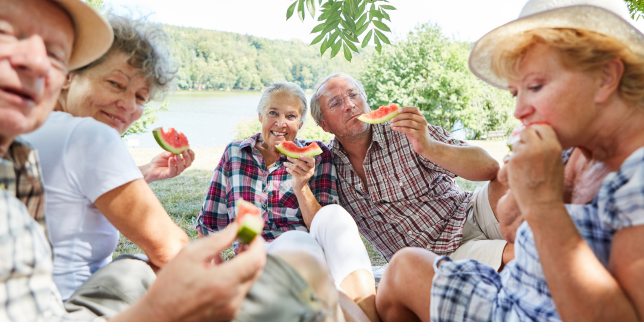
Eating a balanced diet will provide older adults with the necessary nutrition to help their bodies stay strong and active, as well as keep their minds sharp and alert. Try to encourage seniors to cook for themselves or enlist help from family members in order to ensure they are eating nutritious meals.
If cooking is not an option, then there are many services available to provide seniors with healthy pre-prepared meals or home-delivered groceries. Additionally, it’s important to talk to your senior relative about the importance of vitamins and supplements when necessary. And make sure that any snacks they have on hand are rich in nutrients and low in sugar and fat, such as whole-grain crackers, nuts, fresh vegetables, and low-fat dips.
Ensuring that seniors have access to healthy food will help them stay active and engaged with the world around them.
6. Creating a schedule for seniors so they can maintain a regular routine in order to stay healthy and active

Creating a schedule for seniors can be a great way to ensure that they maintain their regular routines and stay healthy and active. This could include setting up specific times throughout the week for meal preparation, exercise, leisure activities, and socializing.
Additionally, it may be beneficial to create a schedule that ensures seniors have enough time to get adequate rest in order to allow their bodies to recover and rejuvenate. Schedules can provide structure and regularity which will help seniors remain organized, maintain a positive attitude, and stay motivated to complete the tasks of daily life.
Finally, make sure that you are flexible with any adjustments that need to be made in order for your senior relative to feel comfortable following the schedule. Creating a consistent routine will go a long way in helping them live a more active and healthy lifestyle.
Takeaway
Taking the time to understand what seniors need to remain active and healthy is an important step in providing them with the best care. It’s essential that family members research care homes, consult their doctors for advice on how to provide assistance, help seniors become familiar with technology, ensure they have access to nutritious meals, and create a schedule that will help encourage regular exercise and socializing.
By taking these steps, seniors can maintain an active and healthy lifestyle in order to enjoy their golden years with those they love.

